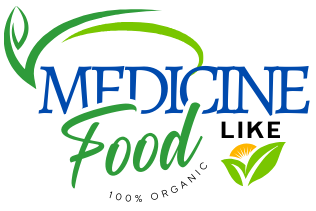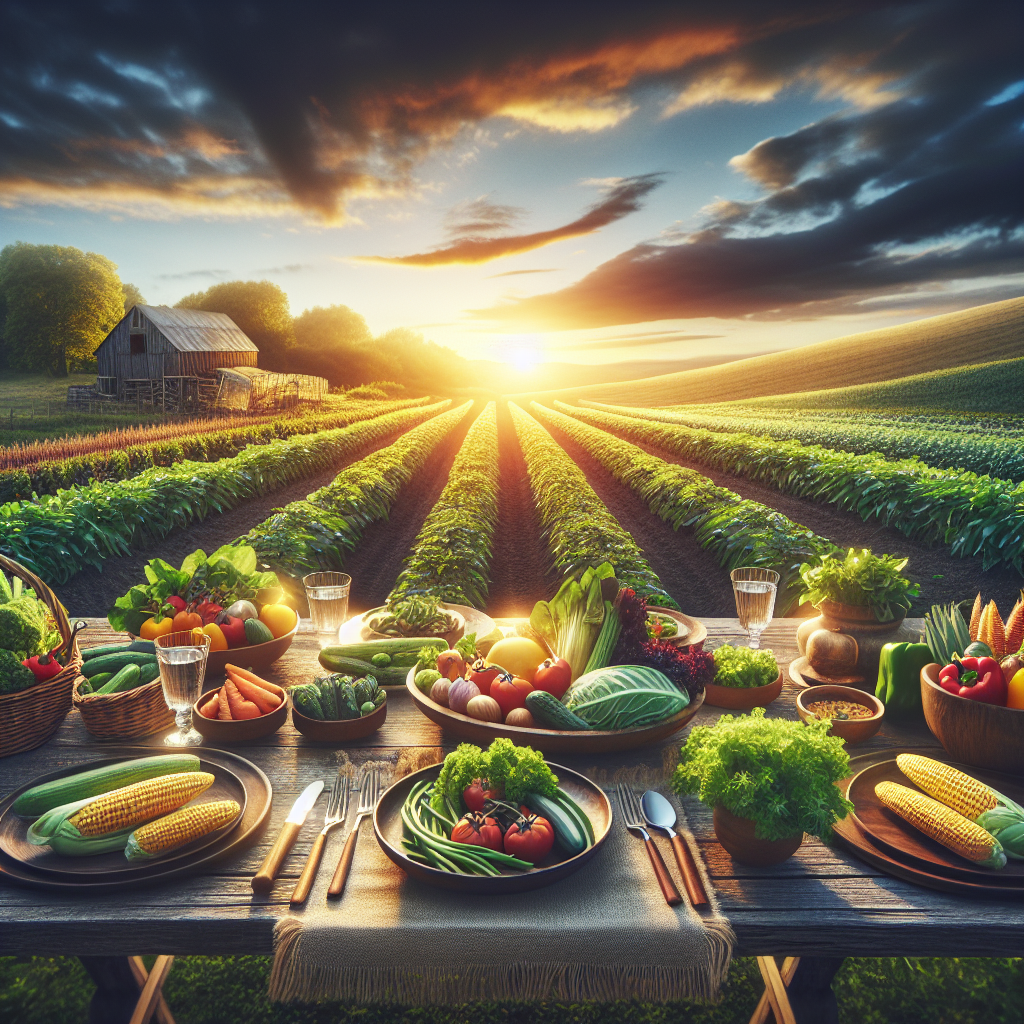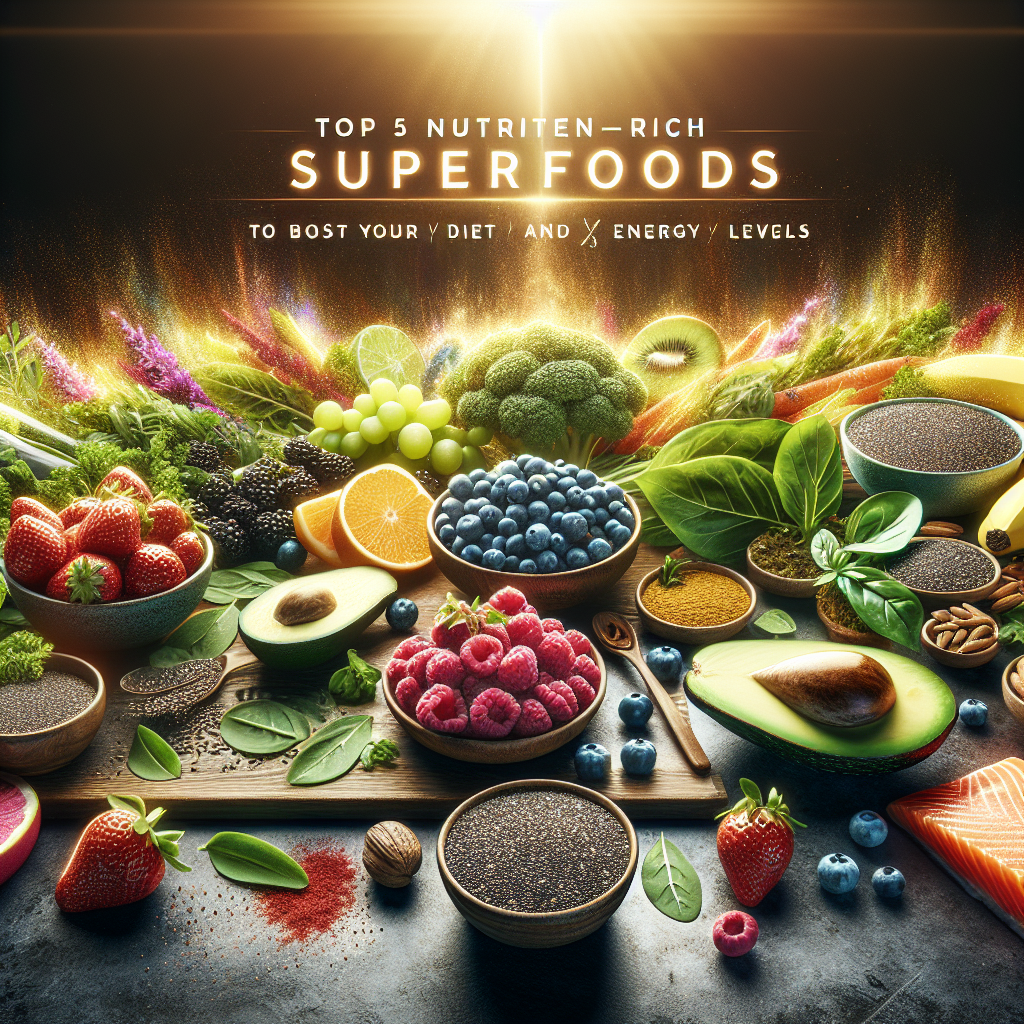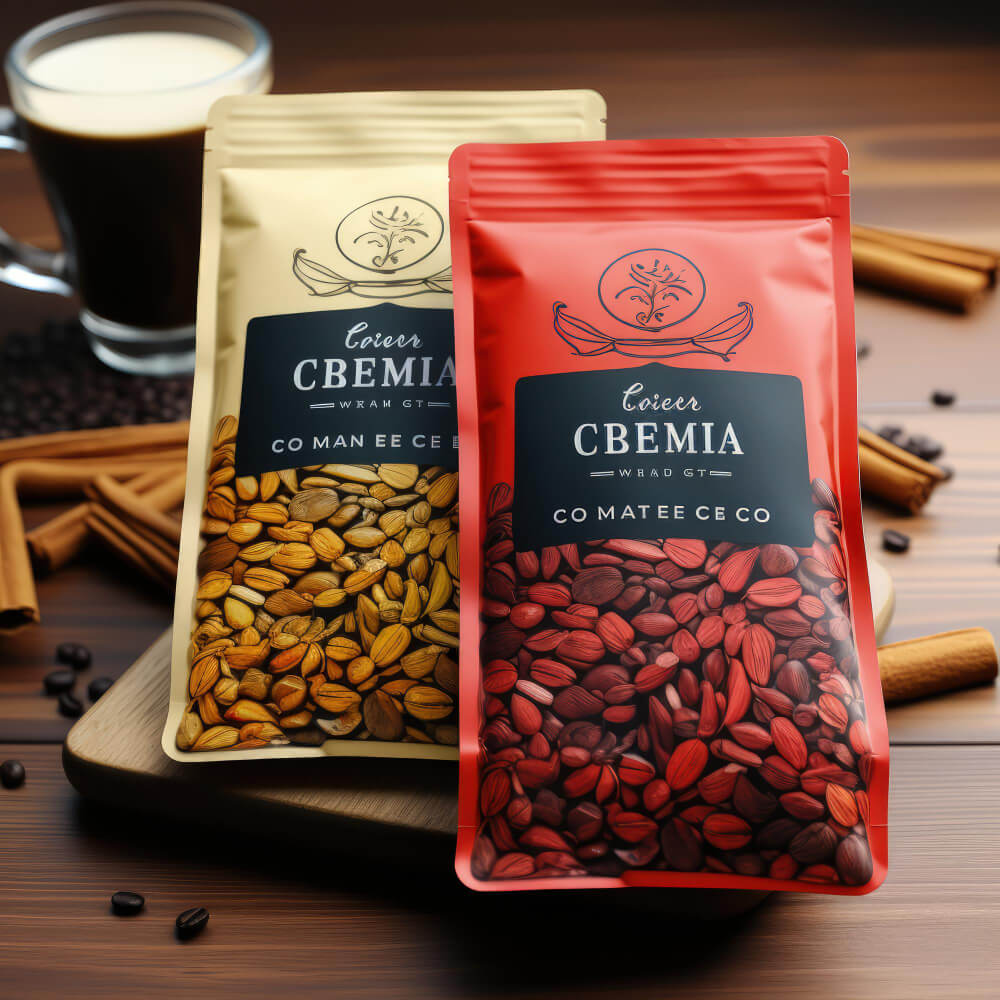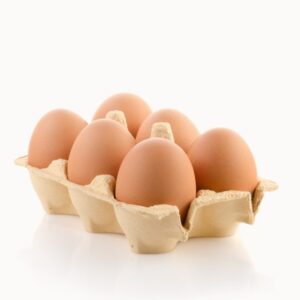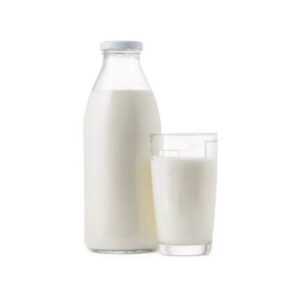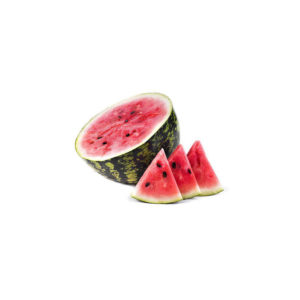# From Farm to Table: How Fresh Organic Food Makes its Way to You and Why It’s Good for Your Health
## Introduction
More and more people are learning about how important it is to know where our food comes from. That’s why organic food has become so popular! The organic food movement is not just a trendy thing; it’s a big lifestyle choice that can make us healthier. It’s about going back to natural ways without using yucky chemicals.
## The Farm: Starting with Healthy Plants
### What is Organic Farming?
– **Definition and Principles:** Organic farming is a way to grow crops and raise animals without using synthetic things like fake fertilizers, pesticides, antibiotics, or GMOs. It focuses on using things that can be renewed, taking care of the earth, and keeping things sustainable.
– **Sustainable Agriculture Practices:** Organic farming is all about being kind to the environment. It means finding natural ways to control pests and using compost.
### Important Parts of Organic Farming
1. **Crop Rotation and Diversity:** Changing the crops and having lots of types helps keep the soil healthy and gets rid of pests naturally.
2. **Natural Pest Control:** Bringing in helpful insects and using natural stuff to keep pests away helps everything stay in balance.
3. **Soil Health:** Keeping the soil healthy is super important, so farmers use organic fertilizers, cover crops, and composting.
### Why Organic Farming is Good
– **Less Harmful Chemicals:** Organic farming means fewer harmful chemicals for us and the farmers.
– **Protecting the Environment:** Without those nasty chemicals, organic farming helps keep our water clean and saves lots of different kinds of plants and animals.
– **More Variety of Plants and Animals:** Having a variety of plants and animals makes our planet more stable and strong.
## The Journey: From the Farm to the Market
### Picking the Harvest
– **Timing and Methods:** Farmers harvest their crops when they’re just right and use methods that keep the produce packed with nutrients.
– **Keeping Everything Fresh and Good:** From the moment it’s picked to the way it’s packed, everything is done to keep the produce fresh.
### What Happens After Harvest
– **Sorting and Cleaning:** Carefully sorting and gently cleaning help keep the quality high without getting anything dirty.
– **Stopping Spoilage:** Storing and handling everything the right way helps keep it from spoiling too soon.
### Getting the Produce to Us
– **Transportation:** Use cool methods to transport to keep the produce fresh while it travels.
– **Local Markets:** Buying from local places is great because it means the food gets to your plate quickly and helps local farmers.
## The Table: Cooking and Enjoying Organic Food
### Cooking with Organic Ingredients
– **Choosing Great Produce:** Pick foods with bright colors and firm textures for a fresh taste.
– **Easy Recipes:** Let the natural tastes in foods like tomato salads, roasted veggies, and grilled fish shine.
### Keeping Nutrients
– **Cooking Gently:** Steaming or baking helps keep the good stuff in food.
– **Less Processing:** Preparing food naturally keeps all the benefits intact.
### Variety is Key
– **Mixed Menus:** Eating different things ensures you get all the nutrients you need.
– **Different Diet Needs:** Organic food can help meet everyone’s diet needs.
## Health Benefits of Organic Food
### Better Nutrition
– **Nutrient-Rich Foods:** Organic foods often have lots of vitamins and good things like antioxidants.
– **Fewer Chemicals:** Less pesticide means we’re healthier.
### Health Studies
Research shows that organic foods can make us healthier. Some studies say organic food diets can help stop sickness. People often feel better when eating organically.
### Long-Term Health
– **Fighting Sickness:** Eating foods rich in antioxidants and without artificial stuff is good for long health.
– **Balanced Lifestyle:** Living organic helps you feel great overall.
## Challenges and Things to Think About
### Cost and Getting Your Hands on Organic Food
– **Price Look:** Organic foods can cost more due to the extra work needed to grow them.
– **Ways to Save:** Support local markets or start your own garden to save some money.
### Knowing What’s True
– **Labels:** Labels help you know if something is really organic.
– **Getting It Right:** Just because something says “natural,” doesn’t mean it’s organic.
### The Future of Organic Farming
– **Innovative Ways:** New tech and methods help make farms more efficient.
– **What People Want:** More people want to eat sustainably, so demand is growing.
## Conclusion
The journey from farm to your table shows how organic food is important for a sustainable life and staying healthy. Trying out organic foods and supporting organic farmers can help our planet and keep us all healthy.
## Additional Resources
– **Books and Videos:** Learn more with some books like “The Omnivore’s Dilemma” by Michael Pollan.
– **Websites:** Check out places like
